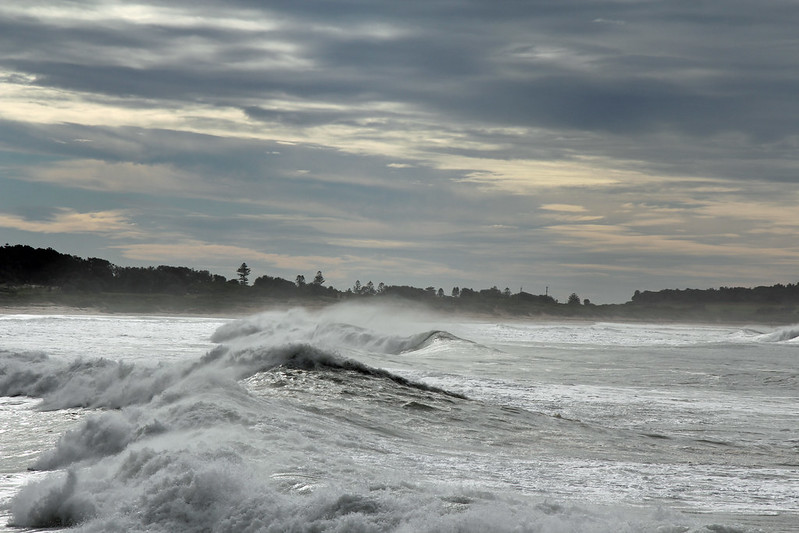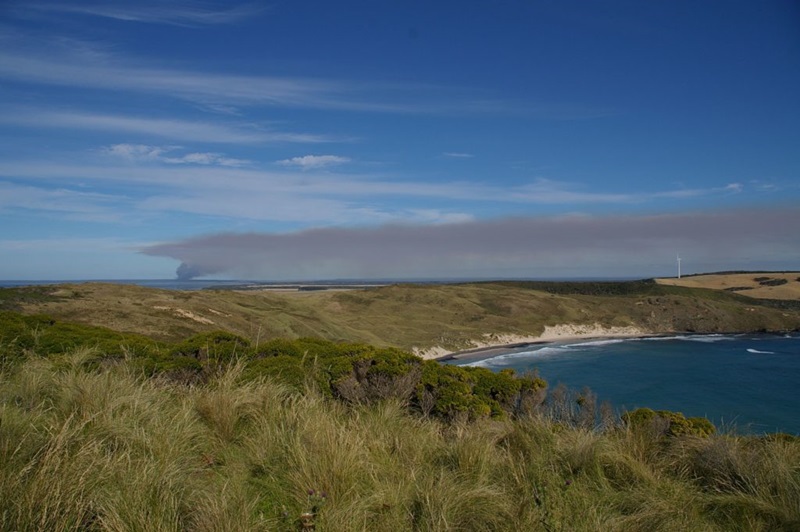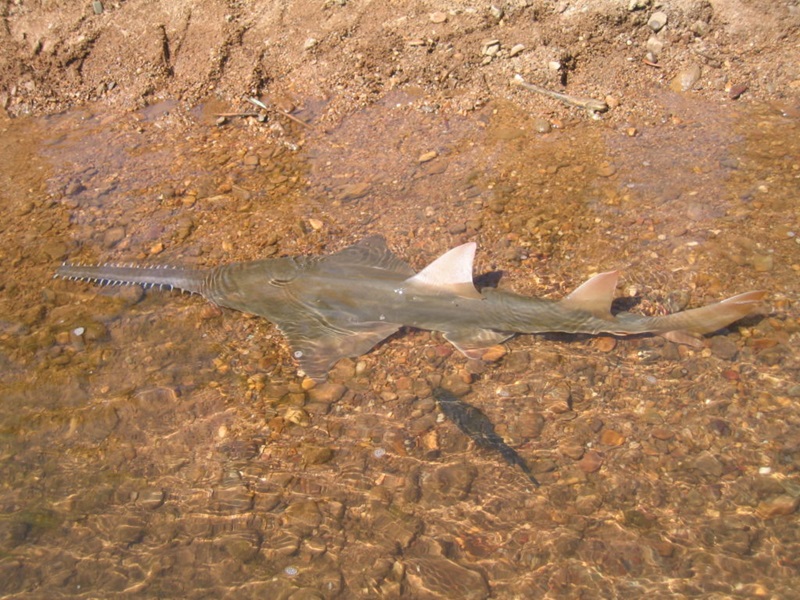
State of the Environment report highlights pressures on our coasts and oceans
Commonwealth Scientific and Industrial Research Organisation (CSIRO) Oceans and Atmosphere
Published: 27 July 2022
The SoE 2021 report warns Australia’s coasts and oceans face growing pressures from climate change, pollution and development. Stronger national coordination and Indigenous knowledge integration are key to protecting marine ecosystems.

Lessons from disasters will help maintain Australia’s excellent air quality
Commonwealth Scientific and Industrial Research Organisation (CSIRO) Oceans and Atmosphere
Published: 20 July 2022
The SoE 2021 report shows Australia’s air is generally good, but bushfires, wood heaters, and pollution spikes pose health risks. Real-time monitoring, cleaner energy, and behaviour change are vital for managing future air quality challenges.

Indigenous authors front and centre of latest State of Environment Report
Commonwealth Scientific and Industrial Research Organisation (CSIRO) Oceans and Atmosphere
Published: 20 July 2022
The 2021 SoE Report highlights compounding threats to biodiversity and land. It stresses integrating Indigenous knowledge, stronger investment, and better legislation to build a sustainable and resilient environmental future.

